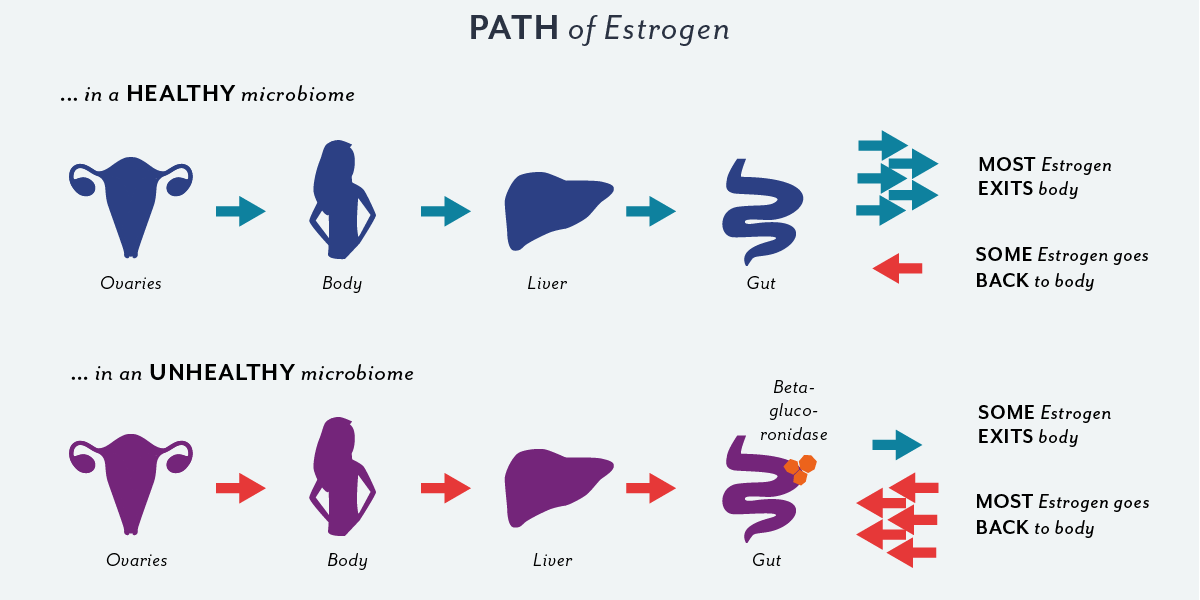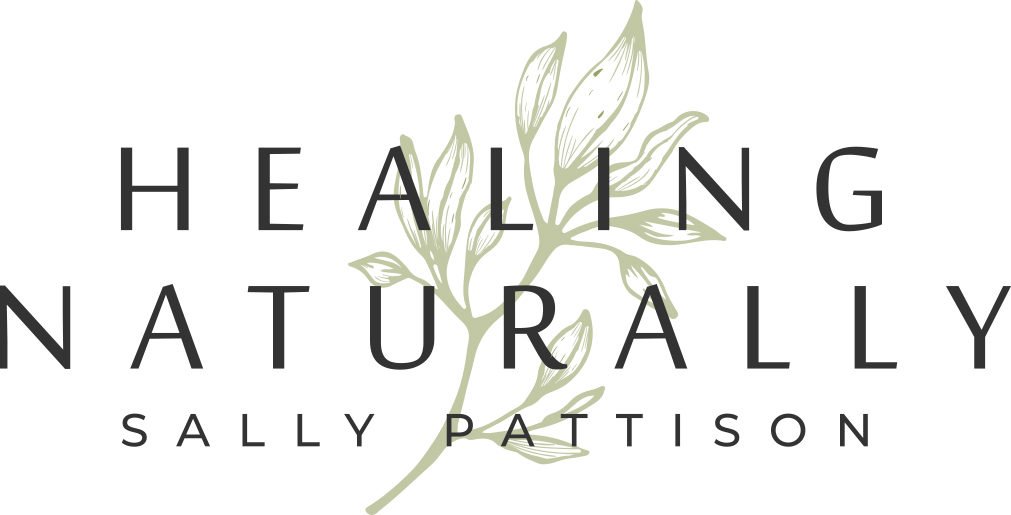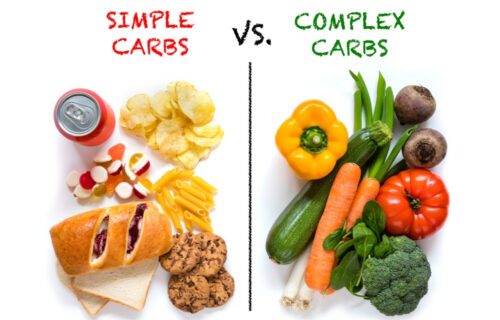
Gut health and Oestrogen
There has been a surge of interest in hormones and gut health. More specifically, the human microbiome (the collection of bacteria in your gastrointestinal tract) and how these trillions of bacteria are crucial to our physiology and metabolism.
Every system in the body is connected and our gut is intrinsically linked to overall health and hormone balance.
What Is The Estrobolome?
The estrobolome is a collection of bacteria in the gut which is capable of metabolising and modulating the body’s circulating oestrogen. It is the bacteria in the gut, and the estrobolome, that affects oestrogen levels, which in turn can impact weight, libido and mood.
Hormones And Gut Health: Why Is Gut Health Important?
Optimising our gut health is key to keeping our hormones in balance. Gut health is so important because the microbiome has many functions. It:
- Aids the synthesis and regulation of hormones and neurotransmitters
- Facilitates absorption of macro and micronutrients
- Has an essential role in the immune system
- Contributes to regulation of oestrogen levels in the body
Oestrogens are primarily made in the ovaries and adrenal glands. There are three different types, all of which have vital roles in the body.
In women, oestrogens:
- help regulate body fat
- are essential to female reproductive function
- cardiovascular health
- bone health
- and brain function (including memory).
In men, oestrogens:
- aid in the maturation of sperm
- and maintenance of libido.
When the gut microbiome is healthy, the estrobolome is producing optimal levels of an enzyme called betaglucuronidase – too much and oestrogen levels become unbalanced. Betaglucuronidase also has an important role in breaking down complex carbohydrates and the absorption of bilirubin and flavonoids. A healthy, diverse gut microbiome with a rich collection of different bacteria is critical for hormonal balance.
As the liver metabolises oestrogen, this conjugated oestrogen is delivered to the bile for excretion into the gut. A healthy oestrobolome minimises reabsorption of estrogen from the gut allowing safe removal as waste in stool and urine again ensuring hormone balance.

Gut dysbiosis is an imbalance of the gut bacteria in the gastrointestinal tract. If there is an excess of bacteria that produce betaglucuronidase, this reverts oestrogen back into its unconjugated active form and it is then absorbed back into the bloodstream resulting in oestrogen dominance. Elevated betaglucuronidase levels are associated with conditions including:
- Pre-menstrual syndrome (PMS)
- Obesity
- Metabolic syndrome
- Oestrogen-related cancers (breast and prostate)
- Endometriosis
- Infertility
- Mood disturbance
- Heart disease
Unfortunately, gut dysbiosis and gut microbiome imbalance are very common and the delicate balance of the microbiome and estrobolome can be affected by many different factors which include genetics, age, weight, diet, alcohol, antibiotics, environmental pollutants and more.
Signs Of An Unhealthy Gut
There are many signs of an unhealthy gut, which can often be misdiagnosed as something else.
- Digestive issues (bloating, gas, diarrhoea or constipation)
- Weight changes
- Food sensitivities
- Fatigue
- Skin irritation
- Autoimmune conditions
- Hormonal imbalance



